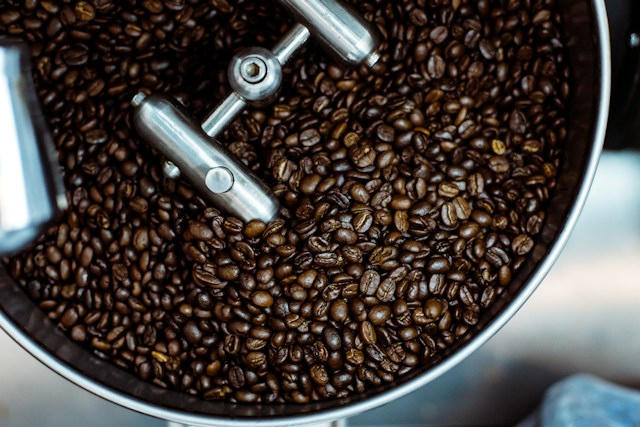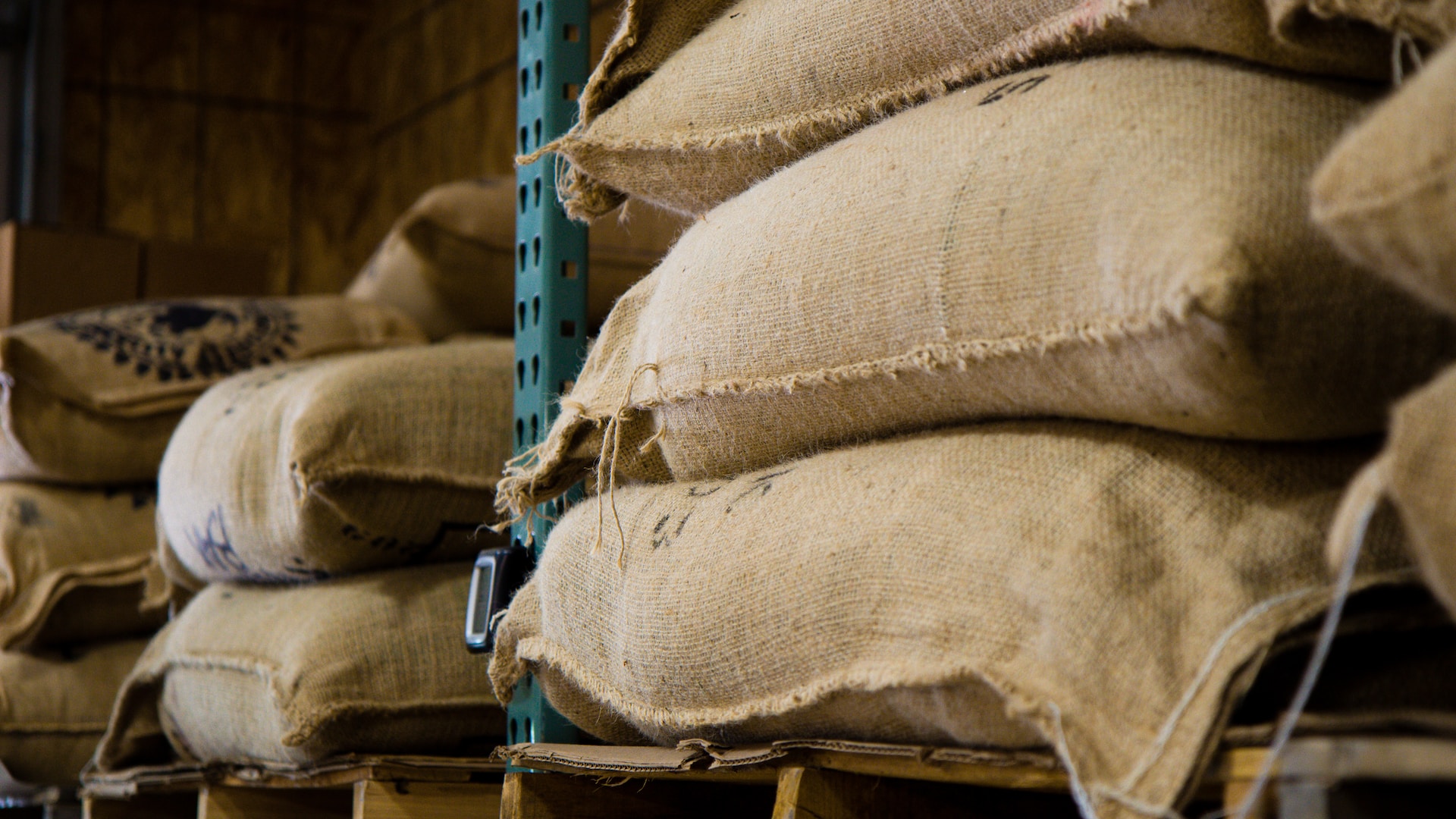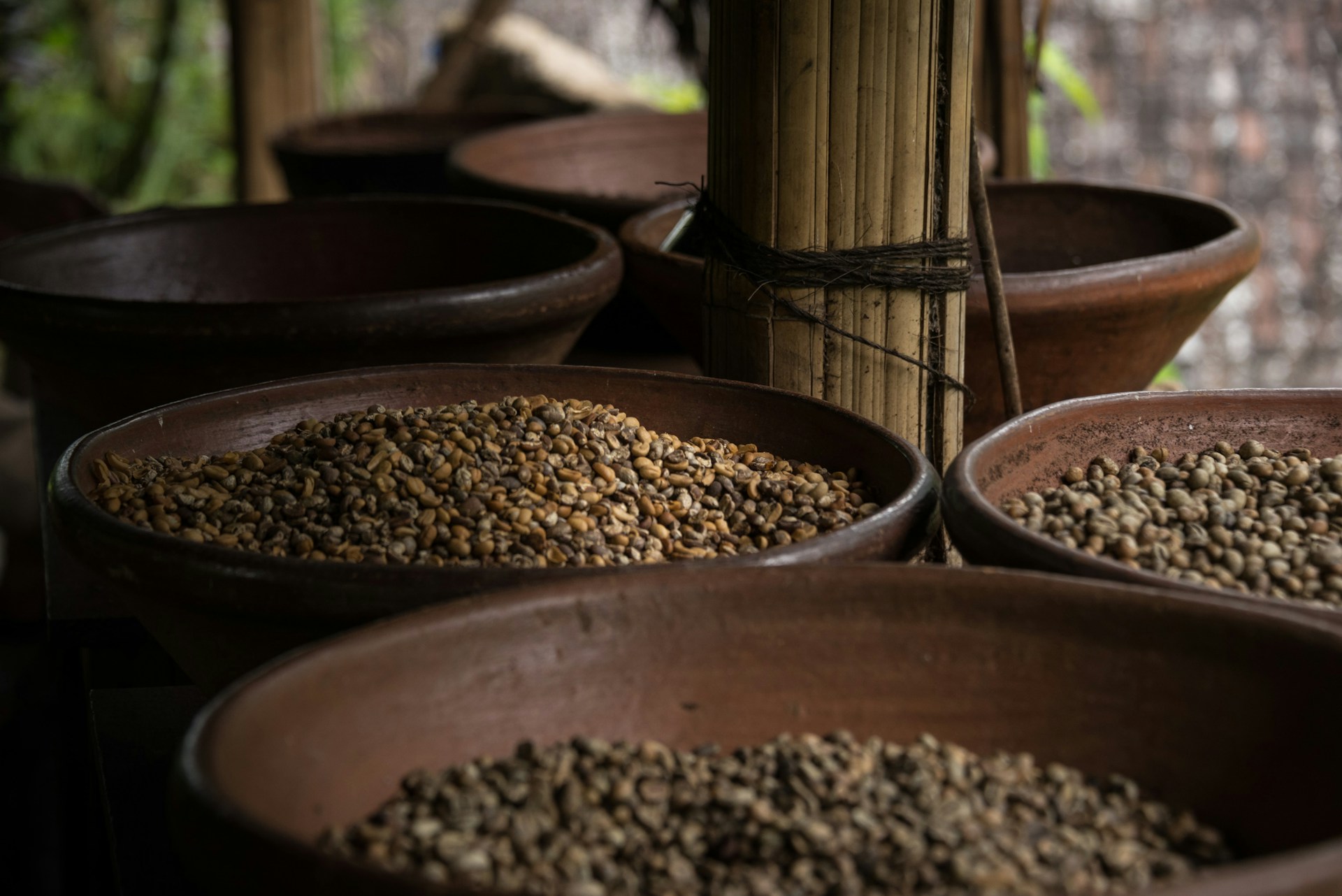
For centuries, fine wine has defined luxury and sophistication. But today, a new contender is emerging—speciality coffee is being treated with the same care and prestige once reserved for rare wines.. The rise of coffee connoisseurs has transformed the industry, elevating specialty coffee to the same status as rare wines.
The Evolution of Coffee Appreciation
Today, more people are starting to appreciate single-origin beans, meticulously roasted batches, and precise brewing methods to extract the most refined flavours. Much like wine, coffee has its own key requirements when it comes to the growing process—meaning the climate, soil, and altitude in which it is grown deeply impact its taste.
Regions like Ethiopia and Colombia are big names in the coffee industry as they hold the perfect climate for growing speciality coffee. Speciality coffee is often grown at high altitudes and in the shade, away from the water, to develop it that naturally sweet taste. Interestingly, coffee plants naturally produce pesticides, meaning no harsh chemicals are needed in the process from bean to cup.

Coffee: The New Luxury Drink
As appreciation for coffee deepens, it is no longer just a daily caffeine fix. Instead, coffee is evolving into a luxurious experience, much like fine wine. Here is how:
-
Limited-Edition & Rare Beans – Just as fine wines have vintage collections, coffee brands now offer rare beans, including exotic varieties such as Panama Geisha, which can sell for over £100.
Panama Geisha is a rare and highly sought-after coffee varietal known for its delicate floral aroma, tea-like body, and exceptional complexity. It originates from the Gesha village in Ethiopia.
Geisha coffee has an elegant profile with notes of jasmine, bergamot, tropical fruits, honey, and citrus, often compared to fine tea or wine. It is considered one of the most refined and exquisite coffees available. It is so pricey because it is a rare varietal that produces only a small number of coffee cherries at a time.
-
Aged Coffee – Speciality coffee also draws comparisons to fine wine because it is 'aged' in a similar way. Some speciality coffee plants can grow for as long as 3 years until they are fully matured and have developed to their fullest potential. This long maturation process allows natural sweetness to develop in the beans, enhancing the unique quality of speciality coffee.
- Artisanal Brewing Methods – The rise of speciality coffee has also led to the innovation of unique brewing methods. For example, the pour-over, siphon, and cold drip methods have gained popularity over the recent years. Allowing drinkers to extract delicate flavours often overshadowed by traditional espresso machines. However, a traditional espresso machine is still the go-to choice for many coffee lovers.
The Future of Coffee Connoisseurship
The coffee industry is evolving into an experience-driven culture where knowledge, craftsmanship, and rarity define its key values. For example, offering a personalised experience is becoming increasingly popular in the speciality coffee world. Additionally, rare coffee beans come with stories of the farmers who grew them, encouraging us all to share our knowledge and experiences of coffee.
As coffee culture continues to evolve, one thing is clear: speciality coffee isn’t just a trend—it’s a movement redefining the way we experience and appreciate one of the world’s most beloved beverages. The third wave of coffee is definitely not one to miss.




